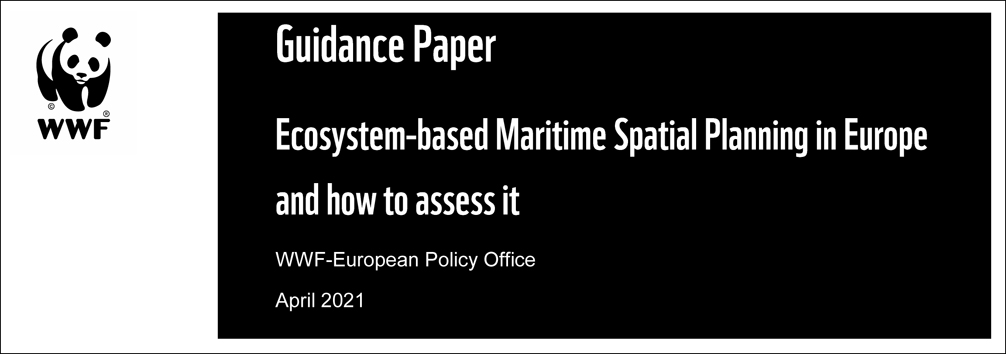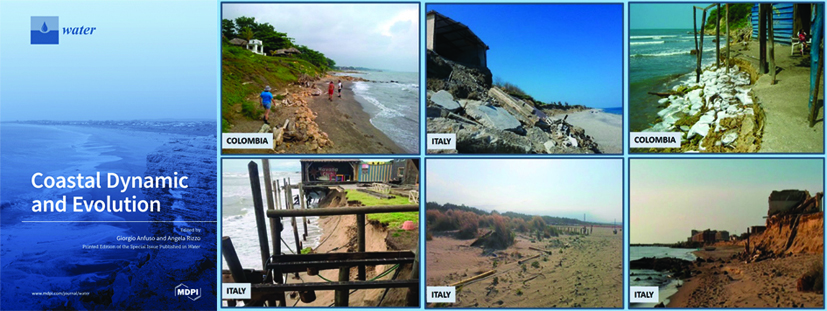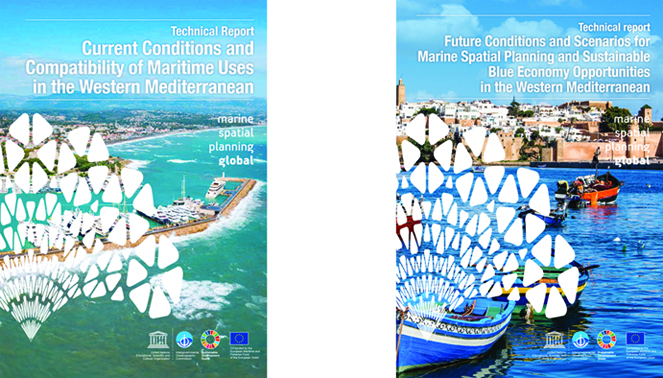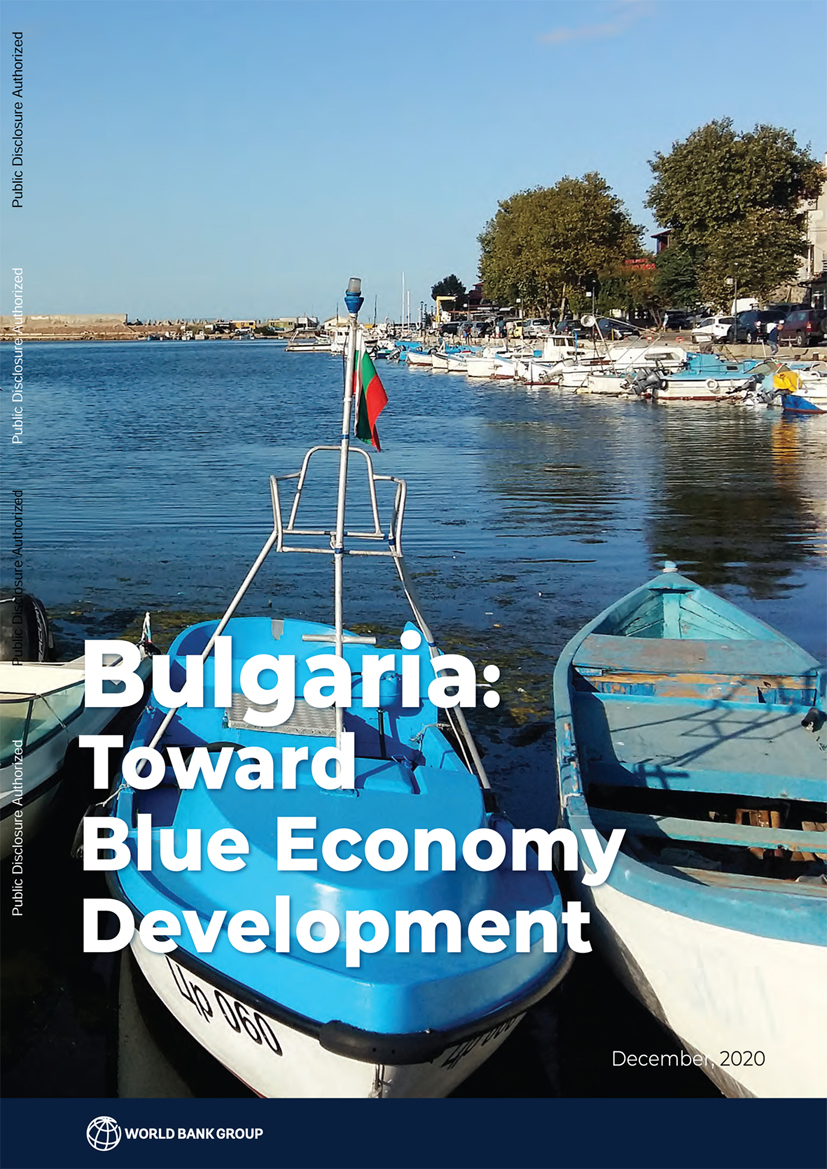News
Ecosystem-based Maritime Spatial Planning in Europe - and how to assess it: a Guidance Paper published by WWF - EPO

European seas are facing incredible challenges due to the growth of economic sectors which rely on them, climate change and the degradation of ecosystems as a result of unsustainable human activities. Maritime Spatial Planning is a key public policy to ensure the sustainable use and conservation of our ocean. WWF advocates for ecosystem-based MSP to deliver a much needed change towards a sustainable relationship with our seas and marine resources. Conversely, a poor MSP process will only further aggravate the already dire situation faced by marine ecosystems, putting these resources and essential services at greater risk.
Member States must establish and adopt maritime spatial plans based on the 2014 MSP Directive and its requirements as soon as possible. It is crucial that these plans meet the Directive’s key requirements, such as being consistent and cross-border, and based on an ecosystem-based approach, promoting coexistence of activities and uses, contributing to the preservation, protection and improvement of the environment, and supporting the sustainable development of maritime sectors.
New Special Issue Book "Coastal Dynamic and Evolution"
We are pleased to announce the recent achievements by our Advisory Committee Member, Prof. Dr. Giorgio Anfuso (University of Cadiz, Spain): the Special Issue reprint book "Coastal Dynamic and Evolution" has just been published online and is freely accessible on the MDPI Books platform (http://www.mdpi.com/books/pdfview/book/3379).

Editors: Giorgio Anfuso and Angela Rizzo
ISBN 978-3-03943-935-5 (Hbk)
ISBN 978-3-03943-936-2 (PDF)
This book includes papers published in the Special Issue titled “Coastal Dynamic and Evolution”, which aimed to collect multidisciplinary studies that involved the evaluation of coastal evolution at different temporal scales, from hours and days to months and years, as well as historical changes. The volume contains investigations carried out by means of aerial photos and satellite images, as well as results from in situ surveys and observations aimed at assessing morphological changes in shoreline and dune systems as a consequence of chronic flooding and erosion processes or the occurrence of specific weather-related events. Studies on the evaluation of past and future sea-level variations and related impacts have also been included.
Read more: New Special Issue Book "Coastal Dynamic and Evolution"
Launch of the key MSPglobal Technical Reports

Successful marine management needs planners and managers who understand and work with the sea's diversity in space and time. These new reports aim to assist the MSPglobal beneficiary countries in developing approaches, tools and actions at regional level to contribute to a coherent ecosystem-based Marine Spatial Planning process, based on an analysis of existing and future conditions within the pilot project areas in the Western Mediterranean.
By improving mutual understanding between bordering Member States of their respective processes, including different objectives, priorities and activities, MSPglobal provides the basis for the development of a pre-planning phase of transboundary MSP.
A new World Bank Policy note "Toward a Blue economy Development in Bulgaria" has been launched!
The World Bank in collaboration with the Government of Bulgaria in support of Bulgaria's 2020 Presidency of the Common Maritime Agenda for the Black Sea has just launched officially the Policy note "Toward a Blue economy Development in Bulgaria" dedicated to pave the way to a national vision and strategy for a sustainable and resilient blue economy in Bulgaria.

